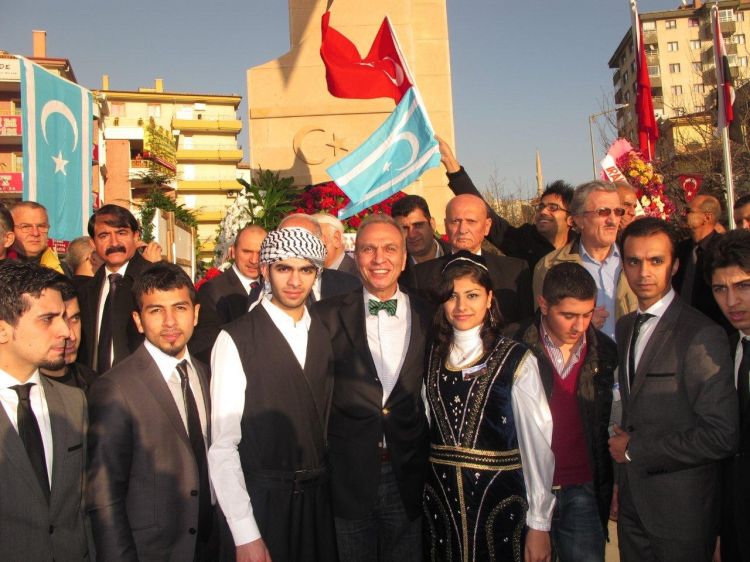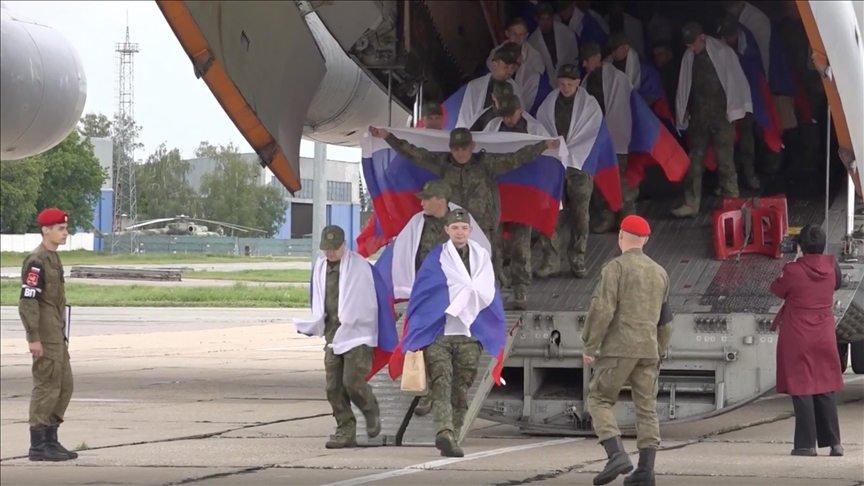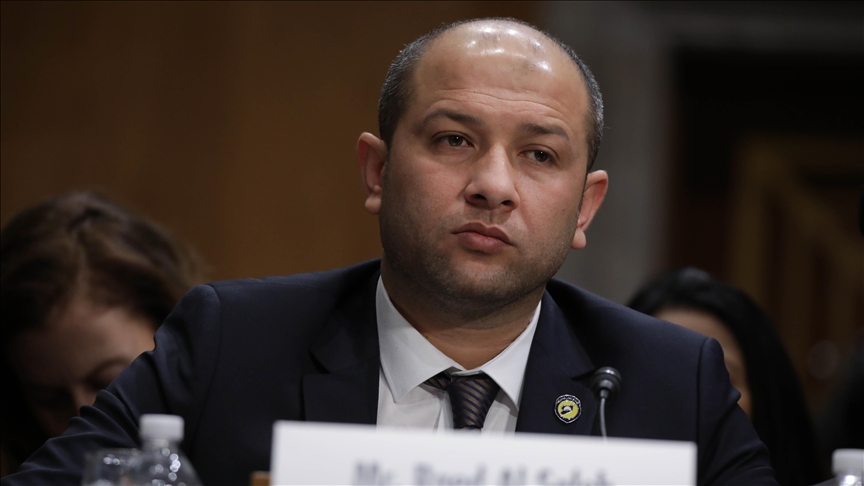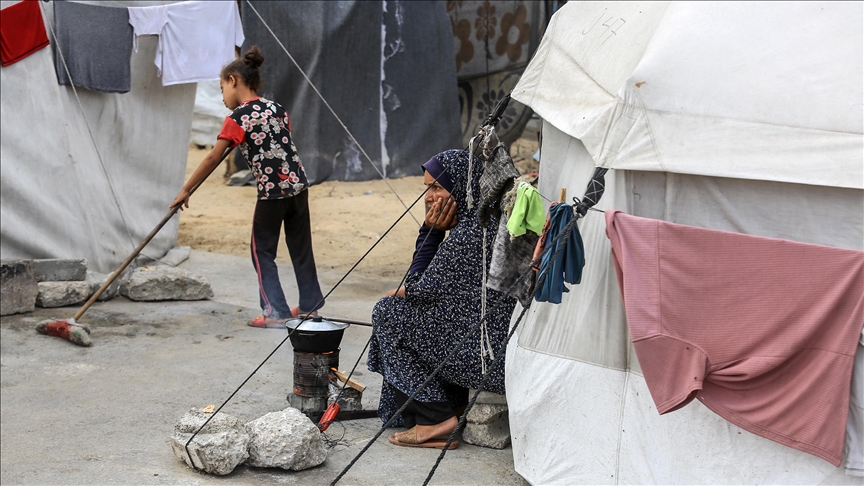Farhad Mehdiyev, professor on Public International law gave an exclusive interview to Eurasia Diary regarding ethnic conflict in Kirkuk.
Eurasia Diary: From point of your view, what external and internal factors encourage the authority of autonomous Kurdistan region to hold referendum on independence?
Farhad Mehdiyev: There is a strong pressure by Kurds to have their own independent states. In such a circumstance Kurdish politicians may not stay silent on the issue. Kurds from all around the world want to see an independent Kurdistan and Iraq Kurdistan is just the beginning of the creation of the Great Kurdish state. As an external factor we can cite the American and Israeli support, federal system of Iraq and lack of strong Bagdad government.
Eurasia Diary: War and lack of stability in Iraq have entailed conflict in Kirkuk, where Kurds, Turkmen and Arabs live together, as the administration of the autonomous Kurdistan is trying to annex this region with its territory. Tension escalates from time to time; maybe it is expected to bring bloody battles between Kurds and Turkmen, Arabs. In your opinion, what kind of policy is necessary and considerable to settle long-term conflict and restore peace in Kirkuk?
Farhad Mehdiyev: Regarding that Erbil government tries to support, arm and strength Kirkuk kurds, and Arabs and Turkmens are right to concern that is related to threats in the future. For now the only solution is to keep Kirkuk within Iraq state. Iraqi Kurds annexed Kirkuk in 2014, previously it was an area out of Kurdish control and not officially included in Iraqi Kurdistan. Thus, Kurds may not claim any legitimate right to include Kirkuk in Kurdistan lands, and any attempt to hold a referendum in Kirkuk won’t be accepted by neighboring countries, including official Bagdad.
Eurasia Diary: Why Kirkuk is an important region for Turkey and Iran?
Farhad Mehdiyev: Beside of ethnic and religious factor, Kirkuk is the big city and has an important oil reserves. Turkmens are important for Turkey and Shia Turkmens are also necessary for Iran. Another point is the desire of Turkey and Iran to see the Kurdistan as a monoethnic structure.










